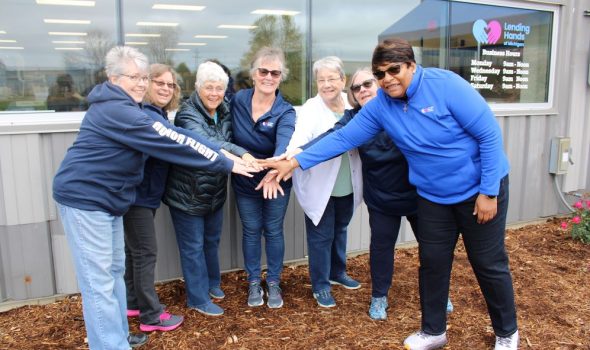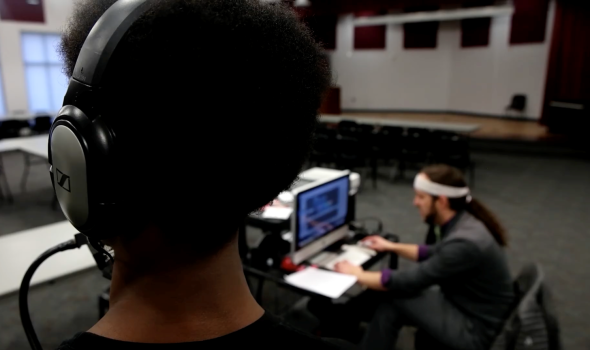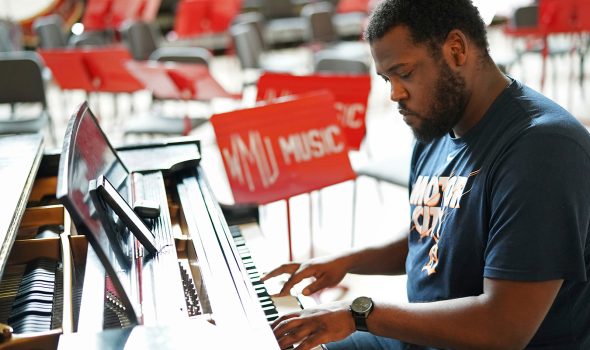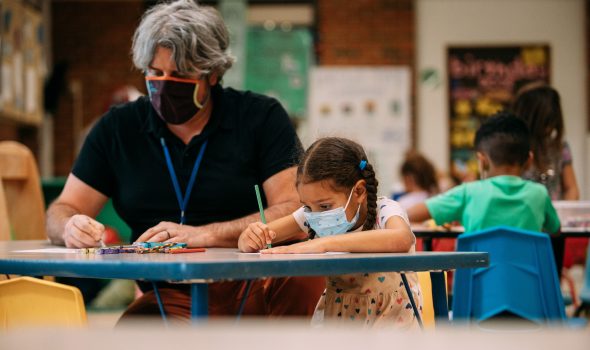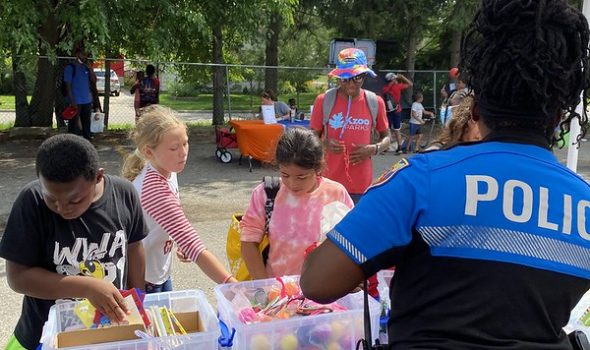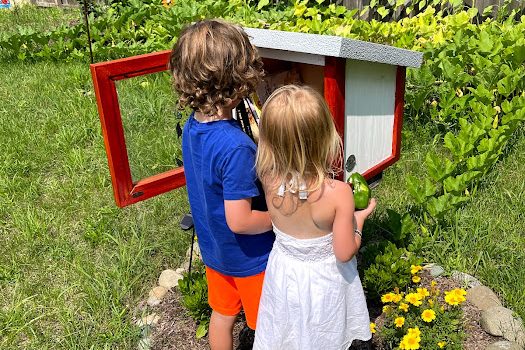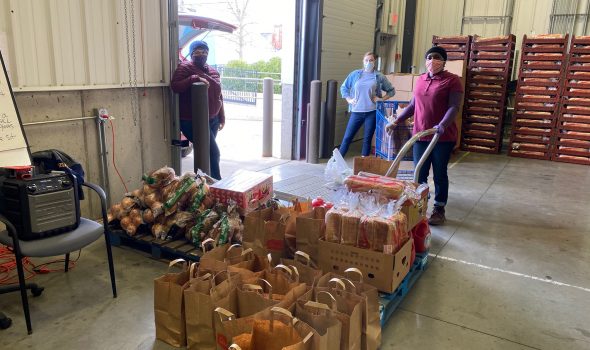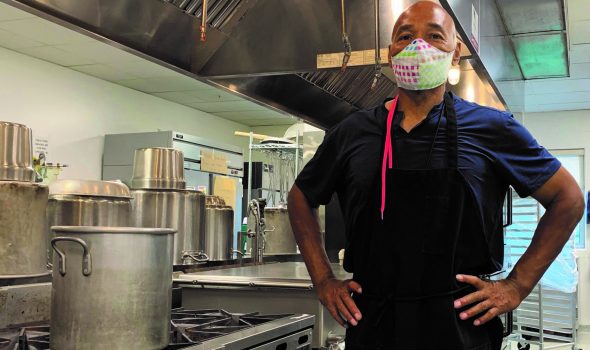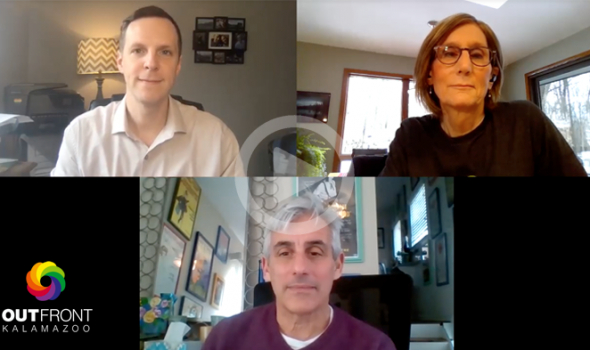In April of 2005, a gentleman from our community returned home to care for his aging mother and he was faced with a dilemma. He realized to take care of his mother he needed medical equipment like a walker, commode and shower chair. His name was John Hilliard, and he was a visionary and entrepreneur. John began going to all the Millwood garage sales, buying and refurbishing equipment in his garage. But he took it a step further: he began asking neighbors if they needed equipment and to his surprise his vision turned into reality: Lending Hands was born!
Since 2005, Lending Hands has served over 55,000 residents of a six-county region that includes; Allegan, Cass, Calhoun, Kalamazoo, St. Joseph, and Van Buren. Our loan period is for seven months FREE of charge. Where else can you go today and receive services that will enhance your life and mobility for free?
Since the genesis of Lending Hands, we have been able to measure the impact of our services. In 2005 we served 42 clients. In 2019 we served over 5,000 Kalamazoo County residents at a savings of over $400,000 dollars. In 2021 we served 4,664 clients with a total savings of $270,000, in 2022 we served 4,639 with a savings of $296,000.
We are making a difference!
For more information, visit www.lendinghandsmi.org
